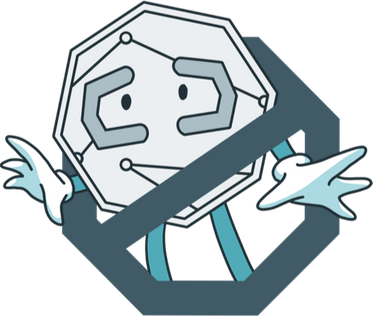ChatGPT, the leading AI chatbot developed by OpenAI, is facing a decline in user satisfaction and engagement. Recent reports indicate a drop in traffic to the ChatGPT website and a decline in downloads of the iOS app. Paying users of the advanced GPT-4 model, included in ChatGPT Plus, have voiced their frustrations on social media and OpenAI’s forums, expressing dissatisfaction with the dip in output quality. This decline in performance has sparked concerns and raised questions about the underlying reasons behind ChatGPT’s struggle. A primary cause could be AI cannibalism, a frightening term that can be seen happening with dumber answers provided by ChatGPT-4, an enhanced model. Let’s see how this pans out.
Dissatisfaction grows among paying users of GPT-4
A significant shift in user sentiment has emerged among paying users of GPT-4, the enhanced model integrated into ChatGPT Plus. On various social media platforms and OpenAI’s forums, users have expressed their disappointment and frustration with the recent decline in output quality. Many have described the chatbot’s responses as “dumber” and “lazier” compared to previous versions, leading to concerns about the overall user experience. These complaints have sparked a discussion within the AI community regarding the underlying factors contributing to this decline.
The declining quality of ChatGPT’s responses and the potential reasons behind it have drawn attention to the challenges faced by AI language models. The dissatisfaction expressed by paying users of GPT-4 highlights the importance of maintaining high-quality output and user experience in AI-driven conversational agents. Simultaneously, the threat of AI cannibalism underscores the need for robust measures to prevent the decline in output coherence.
AI cannibalism threatens ChatGPT’s future
An emerging challenge in the AI landscape is the phenomenon of AI cannibalism, which poses a significant threat to the performance and future viability of language models like ChatGPT. As large language models, including ChatGPT and Google Bard, scrape the internet for data to generate responses, the abundance of AI-generated content online has resulted in an increased likelihood of these models incorporating information previously generated by other AI systems. This creates a feedback loop, where AI models learn from content that originated from other AI sources, leading to a gradual decline in output coherence and quality.
The risk of AI cannibalism lies in the limited ability of AI models to differentiate between human-made content and AI-generated content accurately. As the volume of AI-generated content continues to grow exponentially, it becomes crucial to establish mechanisms that distinguish between real, human-authored information and AI-generated material. Failure to address this issue could compromise the functionality and effectiveness of AI tools like ChatGPT, which heavily rely on high-quality, human-produced data for training and content generation.
The concept of AI cannibalism raises questions about the long-term sustainability of AI systems and their ability to advance in a manner that aligns with human intelligence. It emphasizes the need for comprehensive research and development to mitigate the risks associated with cannibalization, ensuring that AI models can consistently provide accurate, reliable, and coherent outputs.
As the AI industry continues to evolve, addressing these challenges will require collaborative efforts from researchers, developers, and organizations like OpenAI. By identifying and mitigating the factors contributing to the decline in output quality and developing strategies to navigate the risks associated with AI cannibalism, the future of conversational AI can be shaped to deliver enhanced user experiences and maintain the progress achieved thus far.





